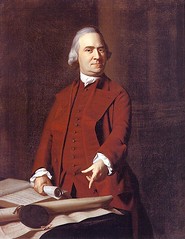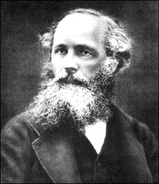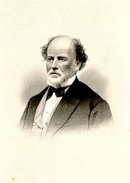Heap Coals of Fire Upon His Head
 Today, being the 25th of November, I read Proverbs 25 where we find: 21 If thine enemy be hungry, give him bread to eat; and if he be thirsty, give him water to drink: 22 For thou shalt heap coals of fire upon his head, and the Lord shall reward thee.
Today, being the 25th of November, I read Proverbs 25 where we find: 21 If thine enemy be hungry, give him bread to eat; and if he be thirsty, give him water to drink: 22 For thou shalt heap coals of fire upon his head, and the Lord shall reward thee.
Paul quotes this verse in Romans 12:20.
Paul is writing to the Israelites in Rome, not everyone, everywhere. Enemies here are fellow Israelites that are, unfortunately, at odds with each other, are opposing one another.
"Thou shalt heap coals of fire upon his head ... " has been an idiom quite misunderstood. Read any commentary on this subject to prove this for yourself.
In the ancient world, walled cities were built to protect the occupants of an area from attacking invaders. During an invasion, the inhabitants would seek safety within the walls of the city.
Often, the invaders would lay siege upon the city constructing sloping ramparts of rocks and soil to reach the top of the wall to allow their armies to breach the walled-in city. Also, the main entrance gate of the city might be rammed with a trunk of a tree - a battering ram - by several men working in unison - to break down the formidable barrier and allow entrance.
Those inside the city walls did not stand idly by waiting for their attackers' success. Those within the walls would shoot arrows, throw sizable rocks and debri down upon the heads of their attackers.
They would also build fires within the walls producing coals. Those hot coals were carried to the top of the walls in metal containers. These burning coals would then be rained down up their enemies working hard to gain entrance below the wall and do those within the city harm.
Obviously, these hot coals were an effective deterrent to such activity and did much damage to those working fervently below.
This practice is, I believe, where the idiomatic term "for thou shalt heap coals of fire upon his head" originated.
The lesson here is: find a need our kinsman, but temporary enemy has, and meet it. If he is hungry, feed him; if he is thirsty, give him drink. By not avenging ourselves and returning the evil being done to us but instead, by doing good and not evil to those who oppose us, we use an effective means to get our enemy to stop their attack. We use good, rather than evil.
We heap coals of fire upon his head.
Should your enemy not accept your peaceful overtures of good, rather than evil, he will then have to deal with the Lord, who has promised vengeance on your behalf; but only if you do not take vengeance yourself.
I pity the man who does not cease from his attack after having coals of fire heaped upon his head.




















0 comments:
Post a Comment